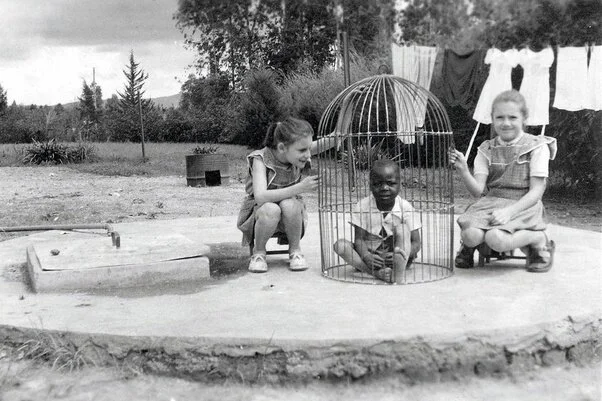Mary McLeod Bethune
Mary McLeod Bethune is a name everyone should know.
She is among the most important educators, civil and women’s rights leaders, and government officials of the twentieth century.
Mary McLeod Bethune was born in 1875 to formerly enslaved agricultural workers Samuel and Patsy McLeod. Bethune's mother worked for her former slave owner until she and her husband could buy the small plot of land on which they farmed cotton. Among the youngest of 17 children, by age 9, young Mary, not to be outdone by her older siblings, picked 250 lbs of cotton a day (poor baby).
Due to lack of access, financial hardship, and the needs of the farm, few of the McLeod children attended school. Mary was such a voracious learner, she was the only one to attend with any regularity, and we are all better for it. So determined to learn, she walked several miles to school each day by herself, and when she came home, she tried to teach her family what she learned.
After clawing her way up the educational ladder, Mary McLeod Bethune founded the Daytona Educational and Industrial School for Negro Girls in 1904 with just $1.50 ($49.79 today). The first class had six students and supplies were so meager that students made ink for pens from elderberry juice and pencils from burned wood. Despite its humble beginnings, the school became an enormous success due to Bethune's brilliance and mastery as an educator. Just twenty years after its founding, it merged with the all men's Cookman College to become the Bethune-Cookman College, setting a high standard of education for women.
A champion of racial and gender equality, Bethune founded many organizations and led voter registration drives once women gained the vote in 1920, at great risk to her personal safety primarily from white people who opposed the Black vote and men who opposed the women's vote. In 1924, she was elected president of the National Association of Colored Women’s Clubs. She later founded the National Council of Negro Women in 1935.
Mary McLeod Bethune was among the first African Americans to advise a U.S. President, serving as Franklin D. Roosevelt's Minority Affairs adviser, giving voice to people of color and women in government. In 1936, Roosevelt appointed Bethune as the Director of the National Youth Administration's Division of Negro Affairs, making her the first African American woman to head a federal division.
Ever the innovator and visionary, Bethune was an astute businesswoman who realized that social justice was good business. Bethune bought and developed a stretch of beach near Daytona Beach, Florida to create a Black beach resort town during a time when Daytona's beaches were widely reserved for white people. The beach still bears her name. She co-founded the Central Life Insurance Company of Tampa which provided affordable insurance and protection to Black families.
Honored with many awards, Bethune’s life was celebrated with a memorial statue in Washington D.C. in 1974, and a postage stamp in 1985. Her final residence is a National Historic Site.
Upon her death in 1955, celebrated journalist Louis E. Martin, known as the godfather of Black politics, honored Bethune's immense impact in touching many lives, stating: "She gave out faith and hope as if they were pills and she some sort of doctor."
So those are the highlights of pioneering educator Mary McLeod Bethune.
Oh! And it's pronounced M'Cloud. Mary McLeod Bethune.
----------------
And for those who are curious about Mr. Bethune, from her primary school, Mary McLeod Bethune attended the Scotia Seminary, a boarding school in North Carolina, graduating in 1894, followed by Dwight Moody’s Institute for Home and Foreign Missions in Chicago, Illinois. From there she went back down south to teach.
While teaching school in South Carolina, she married fellow educator Albertus Bethune in 1899. They had one son, Albert, and parted ways a few years later. Seems he up and left. She was a single mom making it on her own in the early 1900's. I think being up against that kind of pressure is the sort of thing that makes someone go, I can totally launch this seemingly impossible dream with 50 bucks. Why not? And do it. Amazing.






